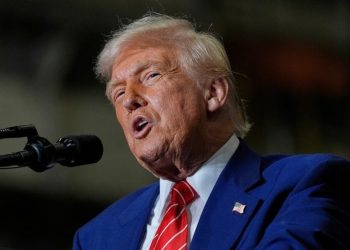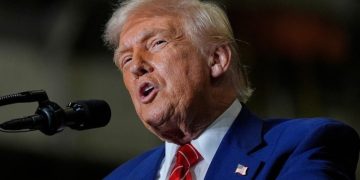The framework deal reached between the U.S. and China over TikTok’s ownership is being hailed as a major victory, but it’s not a long-term solution. While it may avert a public ban and satisfy a powerful voting bloc of young users, the agreement fails to address the fundamental national security threat posed by the app.
This last-minute scramble to save the platform is a testament to the immense political pressure on the Trump administration, but it does not resolve the deep-seated issues of data security and foreign influence. In fact, it merely papers over the cracks of a deeply flawed approach to regulating foreign tech platforms.
The core of the TikTok national security concerns has never been about who owns the company on paper, but about who controls the code and the data. As the US Justice Department has previously stated, the app’s access to American user information is a “threat of immense depth and scale.”
![]()
A simple change in ownership may not be enough to prevent a foreign power from accessing or manipulating the platform’s algorithm. For a company like ByteDance, which has strong ties to the Chinese government, transferring ownership is only a part of the solution. The proprietary algorithm, which dictates what 170 million US users see, could still be a source of influence. This US TikTok deal is a high-stakes bet that a change in corporate structure will be enough to satisfy a security apparatus that has long warned of deeper vulnerabilities.
What Happens Now?
To genuinely solve the TikTok data security problem and prevent future crises with other foreign apps, the U.S. government must go beyond temporary fixes and political posturing.
To start with, the new U.S. owners must be compelled to submit to a full, independent audit of TikTok’s source code and algorithms. This audit must be ongoing and transparent, with a guarantee that no data or code can be accessed by a foreign government.
Thereafter, the government needs to create a comprehensive legal framework that applies to all foreign-owned social media platforms, not just TikTok. Instead of playing “whack-a-mole” with each individual app, the U.S. should establish universal standards for data privacy, content moderation, and foreign influence.
The US needs a unified and non-partisan approach to this issue. The TikTok ban has been a political football for too long, with administrations repeatedly extending deadlines and reversing their own stances.
















